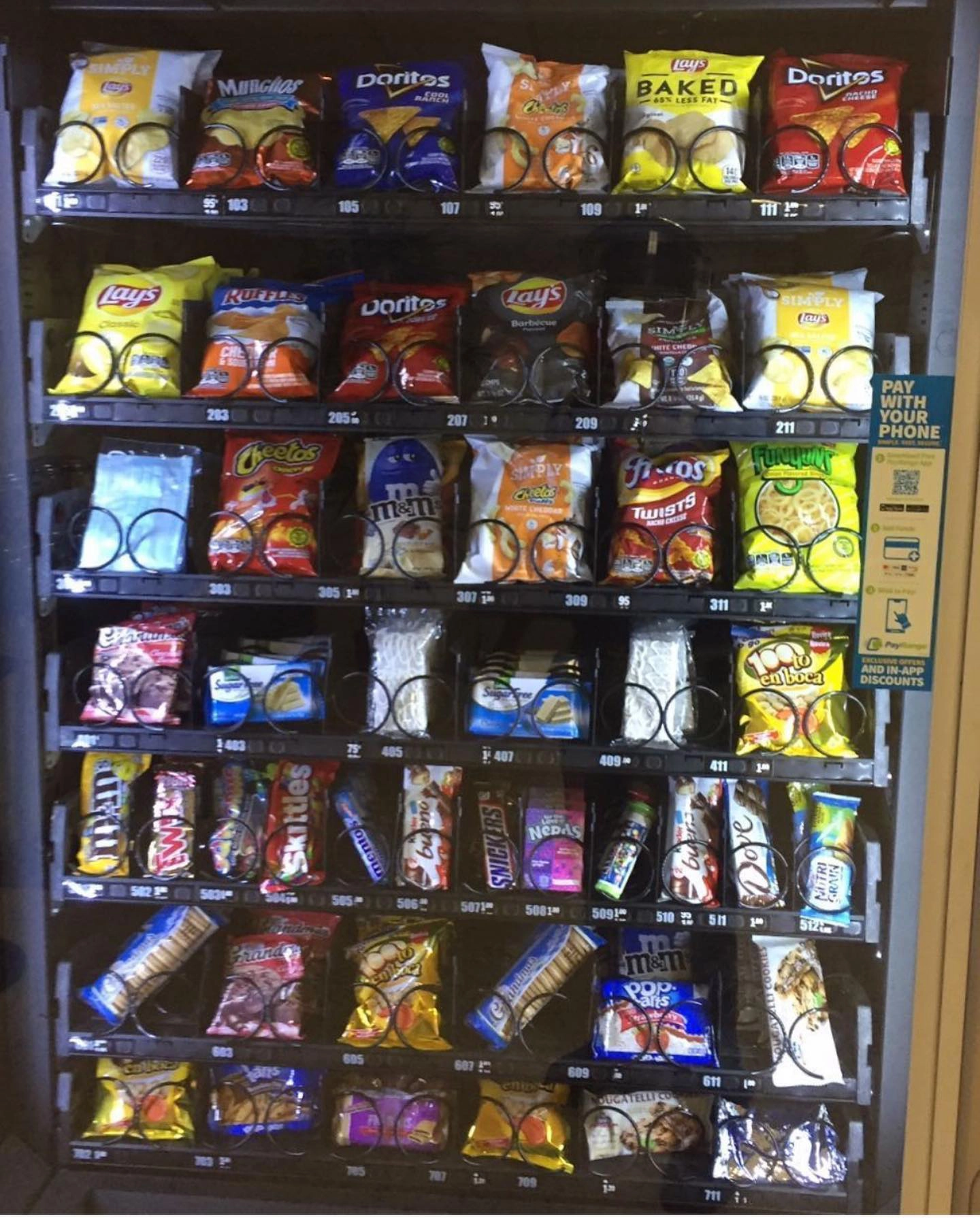Starting a vending machine business can be an appealing entrepreneurial venture due to its relatively low startup costs, minimal maintenance requirements, and potential for passive income. This comprehensive guide to setting up a vending machine business includes market research, choosing the right machines, selecting locations, legal considerations, and operational tips.
Introduction to Vending Machine Business
The vending machine industry has evolved significantly from its early days of simple snack dispensers to sophisticated automated retail solutions offering a wide range of products. Today, vending machines are found in various locations such as office buildings, schools, airports, malls, and hospitals, providing convenient access to snacks, beverages, and everyday essentials.

Market Research and Planning
Before diving into the guide to setting up a vending machine business, conducting thorough market research is crucial. This helps to understand the demand, competition, and potential profitability in your chosen area. Here are essential steps to guide your research:

Identify Target Market:
Determine your target demographic—consider factors such as age, gender, location, and purchasing habits.
Location Analysis:
Scout potential locations with high foot traffic and limited access to food or drink options. Ideal spots include office complexes, manufacturing facilities, educational institutions, and public transportation hubs.
Competitor Analysis:
Assess existing vending machine operators in your target locations. Understand their offerings, pricing strategies, and customer satisfaction levels.
Choosing the Right Vending Machines
During vending machine installation, selecting the appropriate one is critical to the success of your business. Consider the following factors:
- Type of Machines: Decide between snack machines, beverage machines, combination machines (snacks and drinks), or specialized machines (e.g., fresh food or coffee).
- Features and Technology: Evaluate machines with cashless payment options, energy-efficient designs, remote monitoring capabilities (IoT), and user-friendly interfaces.
- Supplier Selection: Research reputable vending machine suppliers or manufacturers. Compare pricing, warranties, maintenance support, and machine specifications before making a purchase.
Securing Locations and Negotiating Contracts
Finding and securing prime locations for your vending machines is essential for maximizing profitability. Follow these key steps from our guide to setting up a vending machine business:
Approach Property Owners or Managers
Reach out to property owners or managers directly to propose placing your machines on their premises. Emphasize the benefits such as additional revenue, enhanced tenant/customer satisfaction, and minimal space requirements.
Negotiate Terms
Negotiate lease agreements or revenue-sharing contracts based on foot traffic, location visibility, and potential sales volume. Ensure clarity on responsibilities for vending machine maintenance, stocking, and revenue sharing.
Legal and Regulatory Considerations
Compliance with local, state, and federal regulations is crucial for operating a vending machine business. Key considerations before vending machine installation include:
- Business Licenses and Permits: Obtain necessary licenses and permits to operate vending machines in your jurisdiction. Requirements may vary based on location and the type of products sold.
- Health and Safety Regulations: Ensure machines comply with health and safety standards for food storage and handling. Regular inspections may be required to maintain compliance.
- Insurance Coverage: Consider purchasing liability insurance to protect against claims related to machine malfunctions, product quality issues, or accidents involving customers.
Operational Tips for Success
Once your vending machines are installed and operational, implement these strategies to optimize business performance:
- Regular Maintenance: Establish a routine vending machine maintenance schedule to inspect machines, restock products, clean interiors, and ensure proper functionality.
- Inventory Management: Monitor sales data and consumption patterns to optimize product selection, pricing, and stocking levels. Use technology to track inventory in real-time and prevent stockouts.
- Customer Service: Provide excellent customer service by responding promptly to machine malfunctions, addressing customer feedback, and ensuring machines are always stocked with fresh and appealing products.
Marketing and Expansion Strategies
Promote your vending machine business to attract customers and expand your reach:
Branding and Signage:
Design attractive signage and branding for your machines to grab attention and convey professionalism.
Digital Marketing:
Utilize social media platforms, local directories, and websites to promote your vending services and engage with potential customers.
Expansion Opportunities:
Explore opportunities to expand your vending machine business by adding more machines in profitable locations or diversifying into different types of vending products (e.g., healthy snacks, and specialty beverages).
Customer Loyalty Programs and Discounts:
Implementing customer loyalty programs and offering discounts can incentivize repeat business and attract new customers. Consider launching a loyalty card system where customers earn points or discounts for each purchase. This encourages frequent visits and builds customer loyalty.
Collaborate with Local Businesses and Events:
Collaborating with local businesses, events, and community gatherings can significantly boost your vending machine business’s visibility and sales. Partner with nearby offices, gyms, schools, or event venues to place vending machines in high-traffic areas.
Conclusion
Starting a vending machine business requires careful planning, market research, and adherence to legal requirements. By choosing the right machines, securing prime locations, ensuring compliance, and implementing effective operational strategies, you can build a successful and profitable venture in the vending industry. Embrace innovation, customer service excellence, and continuous improvement to capitalize on this lucrative business opportunity.
Whether you’re a first-time entrepreneur or looking to expand your portfolio, the vending machine business offers a scalable and relatively low-risk investment with the potential for long-term financial rewards.
FAQs
What are the startup costs involved in starting a vending machine business?
Starting costs for a vending machine business can vary widely depending on factors like the number of machines, type of machines (snacks, beverages, or both), location rental fees, initial inventory, and maintenance supplies. On average, expect to invest anywhere from a few thousand dollars to tens of thousands, with ongoing costs for restocking and maintenance.
How do I choose the best locations for placing vending machines?
Select locations with high foot traffic and limited access to food or drink options. Ideal spots include office buildings, hospitals, schools, gyms, and public transit stations. Approach property owners or managers directly to negotiate placement terms, ensuring visibility and accessibility for potential customers.
What legal requirements do I need to consider before starting a vending machine business?
Before launching your business, ensure compliance with local, state, and federal regulations. Obtain business licenses, permits specific to vending machines, and adhere to health and safety standards for food handling and storage. Liability insurance is also recommended to protect against potential legal claims.
Start your vending machine business journey today!
